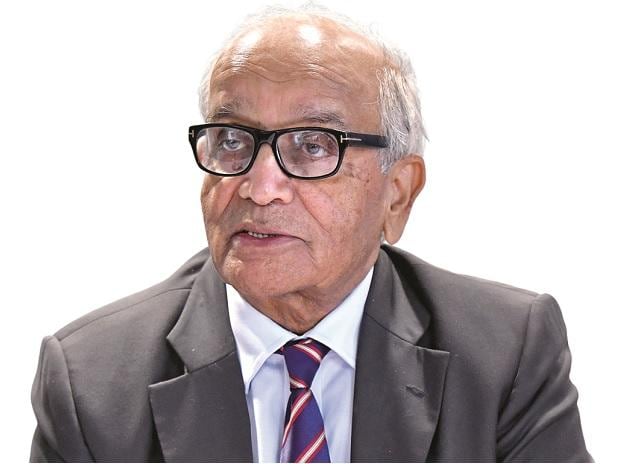[ad_1]
Maruti Suzuki India Chairman R C Bhargava on Monday at a media interaction said with the number of cars per 1,000 population growing by a marginal one per year for the past five years, India would take 191 years to draw level with China.
The key reason for the car industry’s sluggish growth – and consequently penetration — is twofold. High taxation and growing cost of regulatory compliance, especially for small cars.
Bhargava pointed out that currently, the penetration ratio in India is 30 cars per 1,000 population, as opposed to China’s 221 cars per 1,000 population.
“Based on this calculation, we will take 191 years,” he said.
He said the low penetration is reflected in a torpid passenger car market.
“In the first decade of this century (2000-2010), the passenger car market grew at around 10-12 per cent per annum. In the next 12 years, the average growth was a mere 3 per cent. Clearly, the market is slowing down.”
Bhargava said unlike other developed countries like Germany that build their manufacturing prowess on the strength of their automotive (auto) industry, India continues to treat cars as a luxury.
“Government policies are such that they treat cars as luxury products that need to be heavily taxed,” he lamented, adding, “Car affordability is not at all related to income.”
Just 7.5 per cent of Indian households own a car — lower than in China, where almost half the urban homes and one-quarter of rural households own a car.
“Taxation on cars in Japan is 10 per cent; in Europe, 19 per cent. Apart from the goods and services tax (GST), cess, state taxes, and a one-time road tax, the incidence of tax in India is anywhere from 40 per cent to as high as 60 per cent for premium sport utility vehicles. It’s a call the government has to take,” he said.
At present, four-wheelers are taxed at 28 per cent GST with additional cess ranging between 1 per cent and 22 per cent, depending upon the type of vehicle.
Cars imported as completely-built units attract Customs duty ranging between 60 per cent and 100 per cent, depending upon engine size and cost, insurance and freight value being less or above $40,000.
He said the cost of regulatory compliance (implementing Bharat Stage VI norms, for instance), especially on smaller and cheaper cars, has been going up. While the cost of doing so is similar for both sized cars, the impact as a percentage of cost is far higher on a smaller car.
As a result, the small car market has been shrinking as two-wheeler customers shelve or delay plans to upgrade to a four-wheeled drive.
For instance, the market share of a Rs 5 lakh and below car has fallen from 25.8 per cent in 2018-19 to a meagre 10.3 per cent in 2021-22. In the same period, the market for cars of Rs 7 lakh and below fell from 60 per cent to 43 per cent.
Bhargava also took a contrarian view on India’s decision to go in for free trade agreements (FTAs) with different countries — a move strongly resisted by many auto companies that feared the absence of tariff barriers opening the floodgates to imported vehicles entering the country.
“My view is not accepted by many in the industry. But I believe our cost of production is very competitive compared to any country in the world. I believe we should aggressively go for FTAs so that car companies in India can enter these markets and increase exports,” he said.
On safety, Bhargava pointed out that adding safety features is not enough. The lack of training for drivers and the ease with which licences are procured are bigger areas of concern that need to be addressed. Moreover, there is no regulatory requirement that warrants checking the health and maintenance of a car after it leaves the factory, he observed.
[ad_2]
Source link



